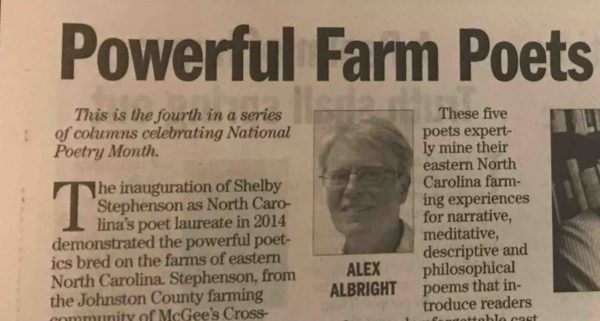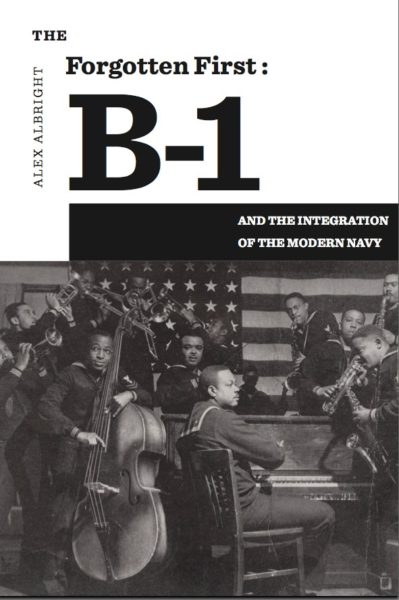I stay plenty busy with my own projects, but not so much that I don’t occasionally take on other work, such as a piece on Vollis Simpson recently completed for a book forthcoming in 2021 from the North Carolina Museum of Art, and a short piece on the farm poets of East Carolina for the Farmville Enterprise to help celebrate National Poetry Month gone virtual in April 2020.
the farm poets of East Carolina for the Farmville Enterprise to help celebrate National Poetry Month gone virtual in April 2020.
I started out thinking I’d write fiction; my MFA from UNC-G (1975) certifies that interest. While living in Athens, Georgia, in the late 1970s, I managed to get an agent for a novel, and she managed to get it to a second round of readings at a big house. I also started getting paid to write weekly book reviews for the Athens Observer, sold a piece on Lewis Grizzard and learned what kill fees were, and freelanced a few others in the north Georgia area. Nonfiction, it turned out, was a lot easier to sell than fiction, which seemed pretty danged hard to even give away, let alone sell, and it’s never seemed like the world missed having an extra novelist in it anyway. (Asked once in Winston-Salem at a ’90s symposium what he thought of contemporary poets today, Archie Ammons paused for a couple of nods and said, “There sure are a lot of them, aren’t there?”)
And who ever saw a magazine publish a blank page because it couldn’t find someone to fill it?
Despite a lack of proper, credentialed training–that is, my advanced degree is in making things up–I’ve enjoyed an abundance of research projects, especially when they yielded interviews with people whose stories somehow seemed to be getting missed, and it’s always been a bonus to find a special collection to visit in connection with one of those projects.
Lately, I’m trying to fill in the many holes on R.A Fountain’s new webpage, and I keep chipping away at Langston Hughes’ time in Reno, now expanded to California, and the incredibly dense story of New Orleans music in the mid-1930s through World War II.
None of which means I’ve not still got a novel to mess with, going on 30 years. Not that first one, which did, in fact, get two revisions before shelving, but a politically incorrect poli-sci-fi manifesto of sorts that imagined, years ago, a time when all the Confederate memorials in the South would be secreted off to Brazil, land of the Confedrados, where they’d be revered as well as an enormous boon to tourism.
